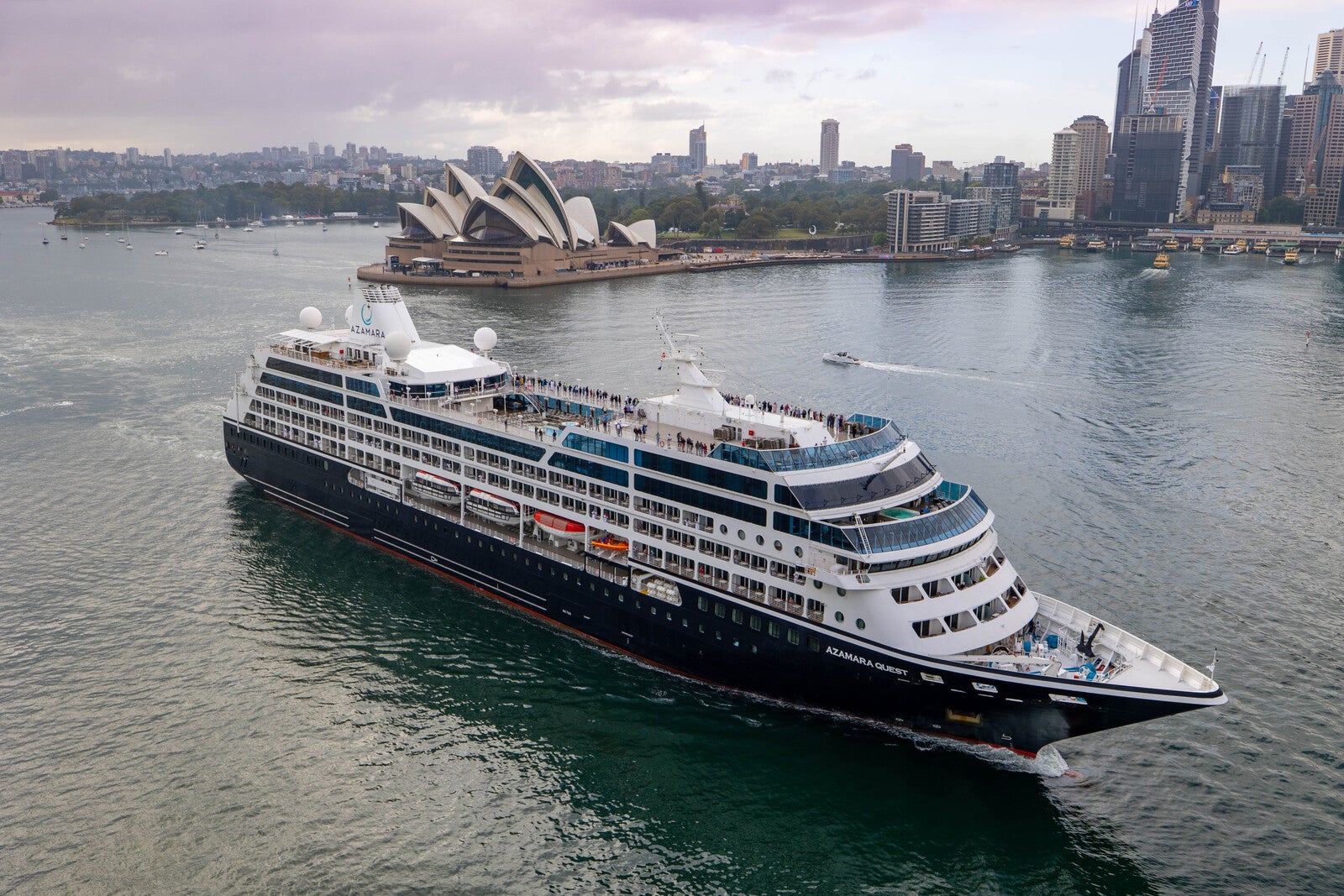Australia’s peak super industry body has revealed how much someone needs to retire comfortably as seniors see a slight, temporary relief in retirement costs.
A recent drop in petrol and electricity prices has seen the cost of retirement fall by 0.5 per cent this quarter, meaning seniors will have a little extra change for the Christmas season.
“The easing in short-term retirement budget pressures will be a welcome holiday gift for retirees at this time of year,” Association of Superannuation Funds of Australia (ASFA) CEO Mary Delahunty said.
However, despite the short-term relief, ASFA figures show that the cost of retirement has increased significantly over the last 20 years.
In 2004, a single person aged 65 needed just $31,797 a year to enjoy a comfortable retirement, while a couple needed $41,394 per year.
Two decades later, ASFA has revealed that a single 65-year-old would need $51,814 a year to live comfortably, while the figure for couples is $73,031.
It means a couple retiring at 67 would need $690,000 in their superannuation upon retirement, while a single would need $595,000.
The recent figures assume the retiree has the highest level of health insurance, enjoys going out to eat out every so often and allows for one domestic holiday a year.
It also assumes that the couple or single own their own home.
Delahunty said right now only around 30 per cent of retirees have what they think it would take to lead a comfortable lifestyle in their account.
This is expected to increase to 50 per cent as more people have the benefit of the super guarantee rate increasing to 12 per cent on 1 July 2025.
“The cost of living pressure is high for seniors and they are high on items they really can’t do without,” she said.
“We’ve seen over the course of 20 years even the modest retirement budget jump up, things like health insurance which have gone up incredibly, energy costs … food, groceries.”
“Those items that retirees can’t do without, that’s where they are feeling it the most.”

Electricity costs have increased by 150 per cent in the last two decades, while water and sewerage have increased by 161 per cent.
The cost of gas has gone up by 122 per cent and petrol has increased by 113 per cent.
Medical and hospital fees have increased by 112 per cent while property rates have gone up by 106 per cent.
The cost of insurance has also increased by 99 per cent.
9News Money Editor Effie Zahos has given some tips for Australians whose super may not be meeting the mark.
People could boost their super by making sure they have chosen the right investment options and aren’t paying too much in fees.
There’s also a government co-contribution option, which could inject up to $500 into your super each financial year if eligible.
To receive the full $500 contribution from the government you would need to earn $45,500 or less and contribute $1000 to your super from your take-home pay.


The highest paid jobs that let you work from home
Other tips include signing up to cashback sites that allow you to direct rewards into your super.
For those already nearing retirement, the age pension can help top up your super income.
You can reach out to a Services Australia Financial Information Service Officer for help.
The information provided on this website is general in nature only and does not constitute personal financial advice. The information has been prepared without taking into account your personal objectives, financial situation or needs. Before acting on any information on this website you should consider the appropriateness of the information having regard to your objectives, financial situation and needs.





















Discussion about this post